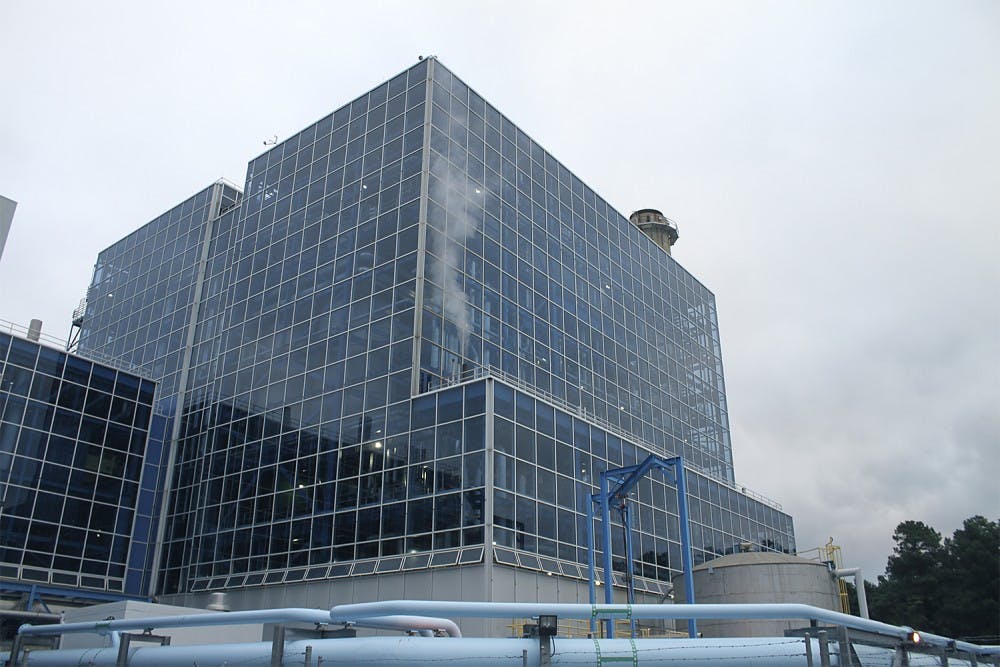On Thursday, the Board of Trustees unanimously supported the coalition’s recommendation, which called on the University to “target investments in clean energy.” The group has actively protested the University investing its endowment in coal-related companies for four years.
The coalition’s movement is part of the University’s broader commitment to be coal free by 2020 — a promise made by former Chancellor Holden Thorp and a deadline that likely won’t be met.
“We always bring up this commitment,” said Tait Chandler, leader of the Beyond Coal Movement, a division of the Student Sierra Club. “It’s a part of our story. In literally every speech we give, we say we made the University promise to go coal-free. We love to reinforce that our University is committed to doing good things.”
When Thorp first made the coal-free promise, student environmentalists like Chandler believed UNC would be a pioneer in the use of biomass fuel.
Now, Chandler is only tentatively hopeful the University will uphold this commitment.
“The idealistic side of me says that when a large institution makes a commitment publicly, and receives national approval, they should honor that commitment,” said Chandler, who studies environmental policy. “But the rational side of me knows there are budget constraints that make this seem like a frivolous cost for the University.”
As part of Thorp’s commitment, the University is supposed to be firing 20 percent biomass by 2015. Due to complications in finding a supplier of torrefied wood bricks — the coal substitute preferred by UNC Energy Services — the University is likely to miss that deadline.
“Because of the delay in the infrastructure development, that is pretty much unlikely to happen,” said Phil Barner, director of UNC Energy Services.



